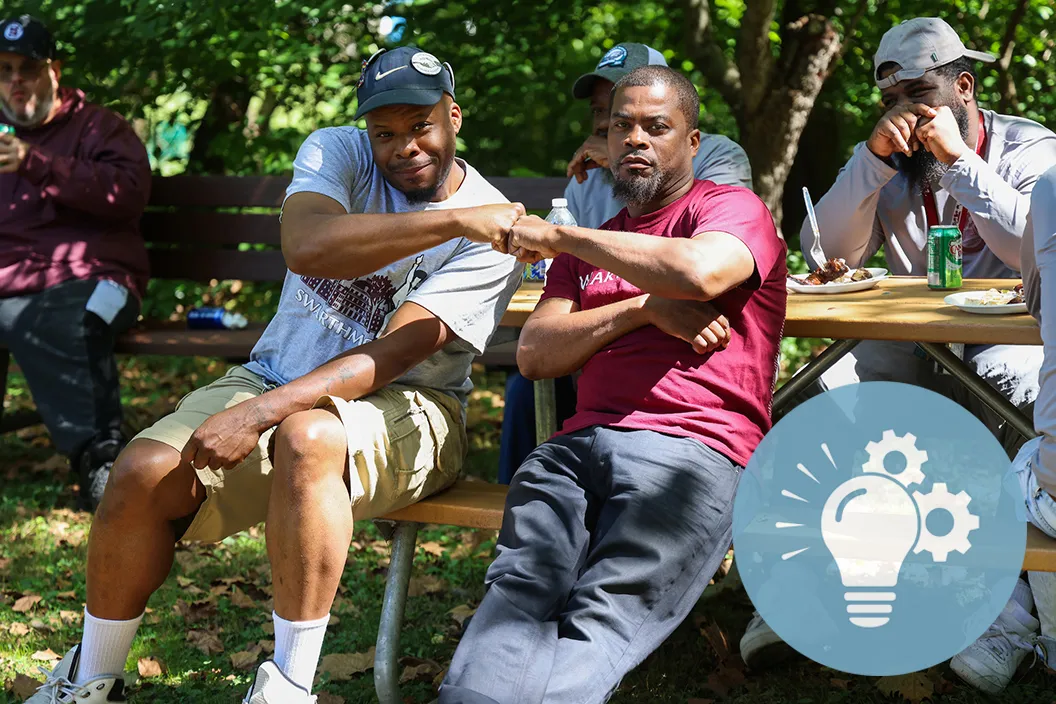Occupational

Occupational well-being involves pursuing a fulfilling professional calling where you can use your unique skills to positively impact while maintaining a work-life balance. Occupational well-being encourages continuous growth and enrichment at every life stage, and recognizes the importance of thoughtfully managing work stressors.
You can contribute to your occupational well-being by:
- exploring your interests, values, and skills through extracurricular activities, research, community engagement, work, and internships
- choosing a major and career path that reflects your values, interests, and skills
- reflecting on how your experiences bring new perspectives to your professional aspirations
- keeping an up-to-date resume and polishing your interview skills
- honing job-related and transferable skills like networking, giving and receiving feedback, time management, work/life boundaries, taking initiative, teamwork, and conflict management
- engaging in experiential learning and professional development opportunities
- establishing and maintaining a strong professional identity
- developing a growth mindset and learning from each experience, successful or not
Some resources at Swarthmore to support your occupational well-being include Career Services, Fellowships and Prizes, Center for Innovation & Leadership, and the Lang Center for Civic & Social Responsibility.



